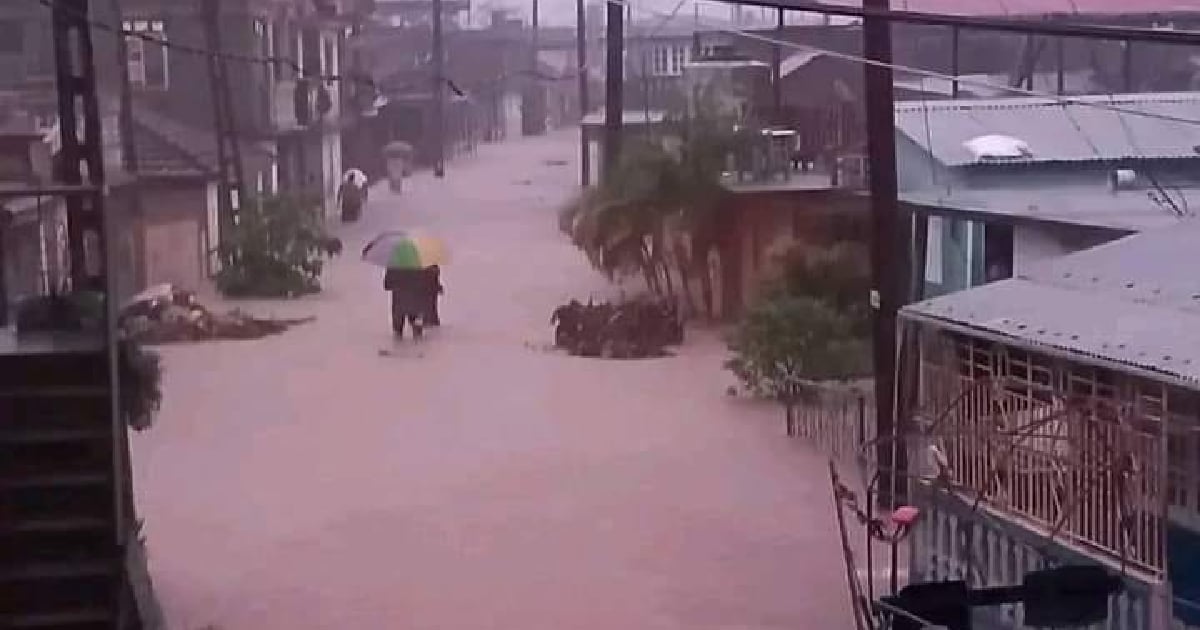The Cuban government has declared that no outbreaks of diarrheal or respiratory diseases have been reported in the four municipalities of Guantánamo that were severely impacted by Hurricane Oscar. This hurricane struck the easternmost part of Cuba just over a week ago, causing extensive flooding and resulting in the deaths of at least seven people, according to official figures.
Dr. Gretza Sánchez Padrón, the Director General of Hygiene, Epidemiology, and Microbiology at the Ministry of Public Health (MINSAP), informed the state-run newspaper Granma that, as of Tuesday, "there have been no incidences or outbreaks of acute diarrheal diseases" in the areas affected by the hurricane. However, she mentioned "isolated cases that have not required hospitalization."
Sánchez also stated that there were no outbreaks of respiratory diseases, emphasizing that "this does not reduce the rigor of epidemiological surveillance and the anti-vector measures being implemented in each area." This report comes days after Dr. Francisco Durán, the National Director of Epidemiology at MINSAP, had cautioned about the increased risk of diseases in Guantánamo, the region hardest hit by the floods caused by the hurricane's rains.
In a national television interview, Durán highlighted that, after assessing the aftermath of Oscar and receiving updates from field teams, "urgent health measures, especially regarding water," were necessary. He advised boiling water and using chlorine tablets, which were reportedly being distributed in the affected areas.
On Tuesday, Sánchez confirmed that chlorine tablets were being provided to residents to purify water in households, along with doxycycline to prevent leptospirosis. Moreover, health promoters and members of the Cuban Red Cross are educating people on preparing oral rehydration salts, the importance of self-inspection in homes, and other crucial hygiene practices during such situations.
The water sources are being monitored in collaboration with the Water and Sewer Company, and the State Sanitary Inspection is overseeing the quality and safety of food in wholesale and retail businesses, gastronomic establishments of all "management forms," and donations being given to those affected.
Previously, Dr. Durán recommended that affected communities discard spoiled food and properly cook those still fit for consumption. Although he warned that diarrheal, respiratory, and digestive diseases might appear immediately, he also cautioned that the risk of dengue and Oropouche fever would likely rise in the coming weeks due to increased mosquito breeding grounds.
The epidemiologist highlighted the worsening health crisis in the country, where over 17,000 patients were hospitalized by mid-month, many in intensive care, due to the dengue epidemic affecting much of Cuba. Dengue cases have been reported in 14 provinces, while the Oropouche virus has been detected in 15.
